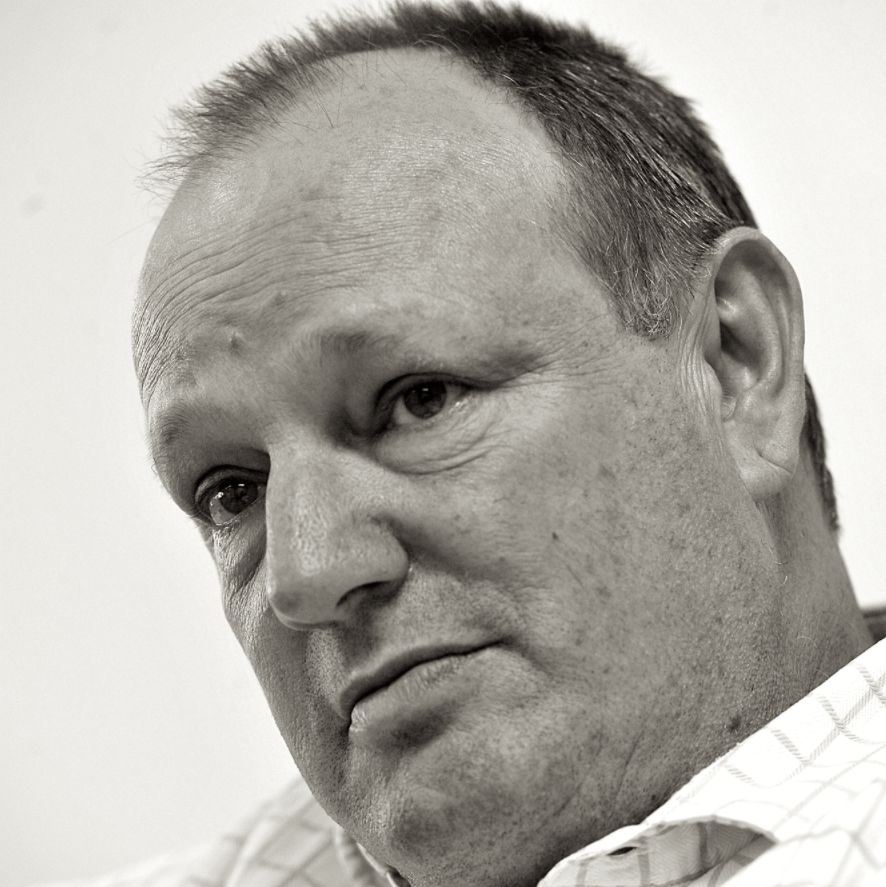TV licences, as with so many levies and licences in South Africa, are on a continuous downward spiral due largely to one or more of the following three reasons:
- Irrationality or lack of trust in the purpose of the levy;
- Poor leadership decisions; and
- Poor administration/enforcement controls.
When it comes to SABC’s TV licence issue, all three factors have come into play in recent times. Throw in the fourth factor of an ailing economy and unaffordability and the plight is exacerbated.
First and foremost, at the heart of all levy or licence fee decline is growing dissension related to the rationality, trust and use of the “tax” in the first place. When the public has a high degree of trust in the rationality and efficient use of the levy or fee, it makes compliance a whole lot easier and somewhat rewarding to pay. Give the people a reason to mistrust and do so repeatedly and they will find ways to avoid paying.
The SABC has had its fair share of “reasons not to pay”, including direct and blatant political interference, content manipulation to favour ruling party antics and sheer lack of operational leadership – such as the hubristic lunacy of the Hlaudi Motsoeneng circus. Advertisers and the public have been given every reason to tune out of SABC.
Abuse of levies and shocking leadership adds fuel to the fire that feeds localised or focused tax revolts, which is made worse when poor administration, (ie, the inability to collect or enforce collections) is thrown into the mix. In fact, a lack of enforceability is the death blow for any taxation process and this is where the TV licence debacle is heading.
The SABC doesn’t even know who has or doesn’t have a TV. And on top of that, it is just too costly and impractical to enforce. It costs more in telephone calls and inspectors, legal notices and demands than it does to secure the R265 annual licence fee. It’s just not worth the effort.
It is precisely for these reasons of irrationality and non-administrable levies that dog and bicycle licences have largely fallen by the wayside over the past few decades, and why the radio licence was abandoned many years ago. Yes, for the younger generation who find it absurd, I recall the crazy days of queuing to purchase my 50c annual bicycle licence and another tag for the family dog.
This absurdity is where the TV licence fee sits today.
Less absurd, but equally failing due to poor administration and a lack of trust in leadership, are other local and national government taxes, from the failed Gauteng e-toll levies to a massive reduction in property rates and taxes in local municipalities, to traffic fines and vehicle licences. The list goes on and it has nothing to do with people not wanting to pay taxes and levies. The public just doesn’t want its taxes wasted or poorly administered in a manner that enables some not to pay, while others do. Demonstrate that you can’t enforce taxes and levy collections and the compliant will learn from those who get away with non-payment. It’s one of those unwritten laws of human nature: “Why am I one of the few fools paying?”
Aside from the voluntary decline in advertising revenue over the past number of years, the SABC has seen its TV licence revenue diminishing, with compliance rates down to around the 30% mark and less than R1-billion collected out of a possible R2.5-billion-plus revenue lurking out there. It was far higher just a few years ago. In most countries where TV licences are still applied, good administration, efficient enforceability and higher levels of trust in leadership and purpose of these levies give rise to collection rates of more than 90%.
The answer (as has been recently purported), cannot be a knee-jerk reaction to try to hook the SABC’s ailing licence fee collections on to pay-TV or live-stream movie channels. The unintended consequence of interfering with these price-sensitive business models is to simply make them unaffordable and unviable.
The SABC needs to take a tough introspective look at its business model. The times have changed and the need to push the buttons of its shareholder (the state) to introduce the long-overdue digital migration is where it will find its new soul. It’s time that the SABC’s leadership exercised courageous leadership. To get their shareholders to play their part. To focus on an innovative future where lean is good and bemoaning one’s plight is not an option.
Start leading. Become a disruptor. Excite advertisers and viewers to believe in your energy again. That way, SABC, you will be able to promote the dissolution of the archaic TV licence funding model. DM




